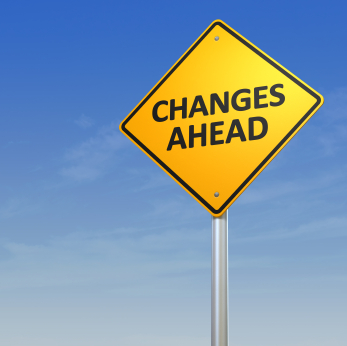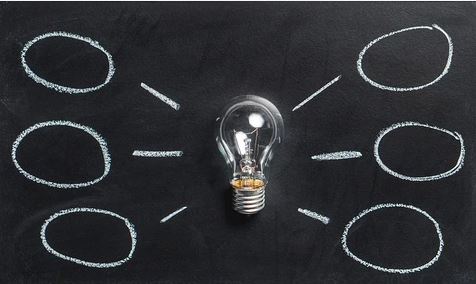As we approach transitions, whether it is transition to the new school year, a new job, or a move across country, we can build on our successes by remembering what worked. And then going from there.
 School – love it, hate it, or just tolerate it, the new school year is upon us.
School – love it, hate it, or just tolerate it, the new school year is upon us.
Whether we are students, parents, other family members, or know someone who is, many of us are ruled by school academic calendars. Many K-12 schools and colleges have already started and others will start soon. So how do we make a smoother transition to another school year?
If we are going back to school or supporting someone who is, there are several questions to ask:
What worked?
Really think through what worked last year. It’s easy to focus on the things that didn’t work. We can get stuck on the should’ve, could’ve and might’ves and wonder: What’s the use? Why try?
But if we focus on what worked, our mindset shifts and opportunities for success become apparent. Everyone’s wins are different, but it’s important to think about what worked so we can do it again.
As an example, it could be that keeping a calendar of assignments, tests, practices, games, and performances really made a difference – at least for a little while.
If it worked well, keep it up! Do it again. Rinse and repeat.
What could be tweaked?
If something kind of worked, we might look at the obstacles that got in the way and figure out what might be tweaked. For example, maybe you kept a paper calendar, color coded by family member or class, and it just got too much to keep up. What about trying an electronic calendar that can be easily changed as necessary? Maybe you kept an electronic calendar and it worked great – until it didn’t – because you found that you weren’t really looking at it. What about figuring out a way to help you remember to check your calendar? That could be a reminder on your phone to check your calendar at certain times of the day or maybe a reward for yourself for doing so. Whatever it takes to make the habit stick more readily.
There is no right or wrong way of doing things. There’s just works for you and your brain.
If ADHD coaching or consulting might be something to add to the mix, contact us. We will be happy to help you set yourself up for success during whatever transition you are approaching.


 It’s not weakness to seek assistance. Quite the contrary, it takes courage and trust to reach out for needed help. It always inspires me when someone is proactive and contacts me after recognizing that too-wide gap between expectations and performance.
It’s not weakness to seek assistance. Quite the contrary, it takes courage and trust to reach out for needed help. It always inspires me when someone is proactive and contacts me after recognizing that too-wide gap between expectations and performance. How many times have you caught yourself making a promise to yourself or to someone else, saying “this time it’s going to be different“ without really changing the way you approach the goal? It doesn’t make sense to do the same things over and over and expect different results. There is an alternative.
How many times have you caught yourself making a promise to yourself or to someone else, saying “this time it’s going to be different“ without really changing the way you approach the goal? It doesn’t make sense to do the same things over and over and expect different results. There is an alternative. For my piano skills goal, I want to be able to play songs in an Adult Intermediate piano book with ease and have memorized six pieces by the end of the year. I want to do this to push myself a bit, and have fun perfecting a skill that gives me joy.
For my piano skills goal, I want to be able to play songs in an Adult Intermediate piano book with ease and have memorized six pieces by the end of the year. I want to do this to push myself a bit, and have fun perfecting a skill that gives me joy.